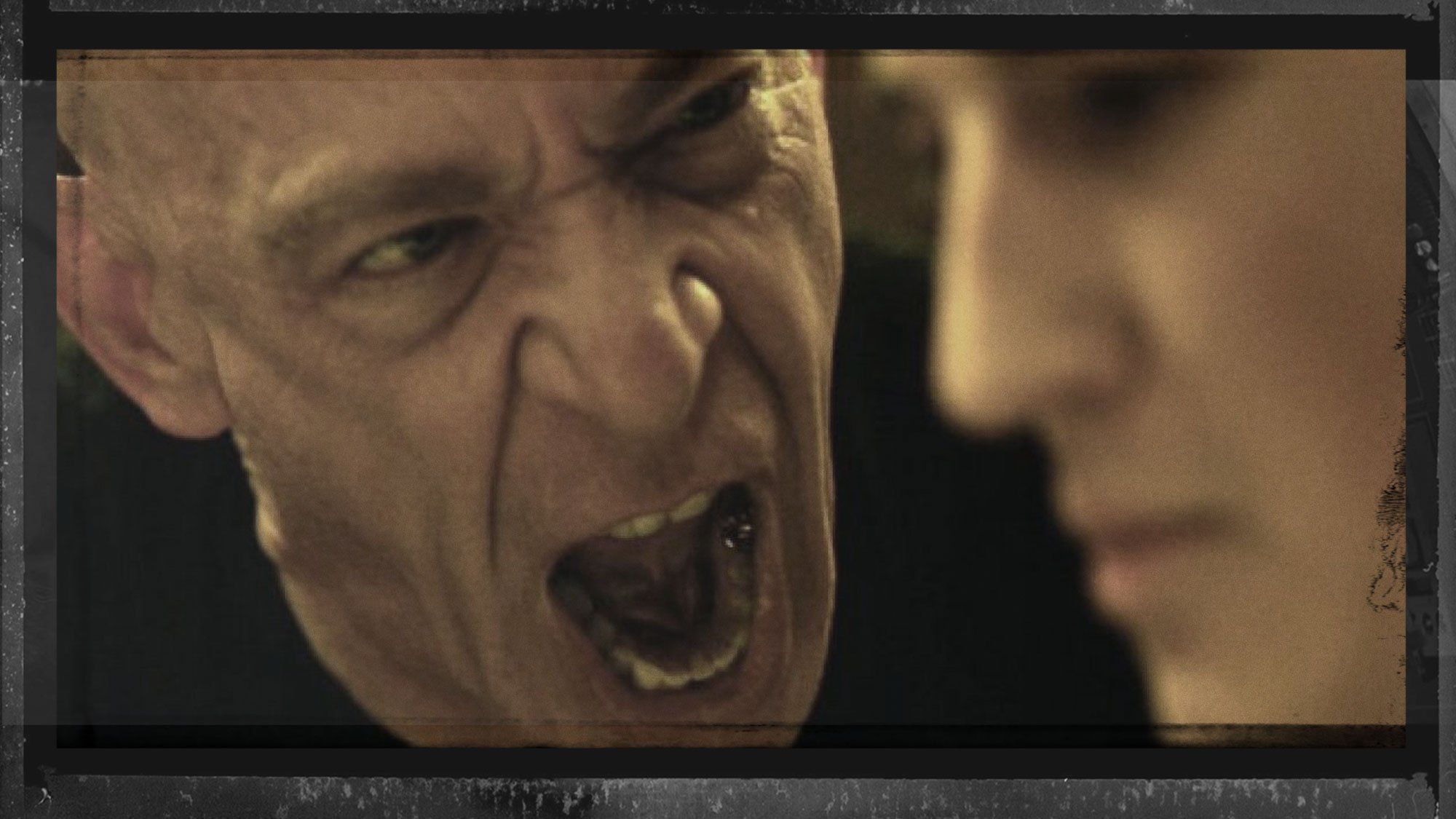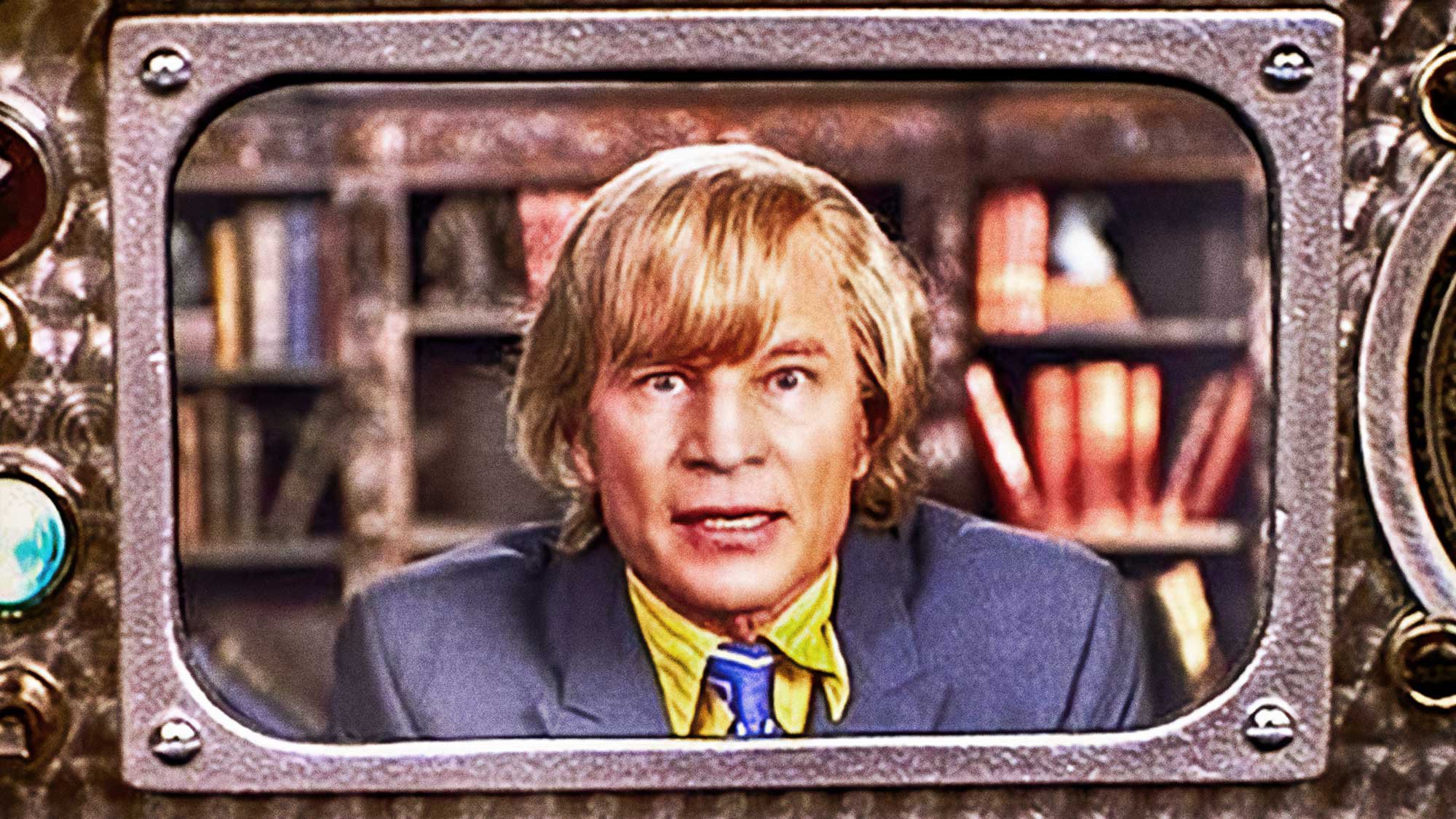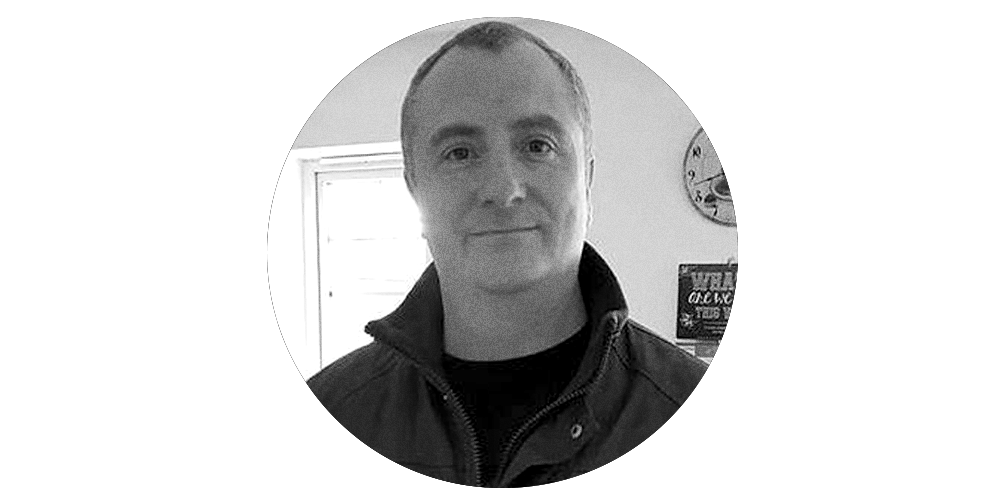3 ways to make dialogue zing
By Mark Renshaw
In a previous article “Why do actors and directors butcher our dialogue?”, we’ve covered the reasons why longer, more realistic and expressive dialogue can be frowned upon in screenplays. But when it works, it really works. So how can writers who want their dialogue to flow like the perfect verbal valentine achieve that?
Tailor it to the character
Dialogue has to suit the character, and the actor has to be able to sell it. See True Detective Season One – Rust Cohle played by Matthew McConaughey. Amazing dialogue, long tirades that spin off into philosophical discussions influenced by a life full of pain and fueled by mind-altering substances. This combination worked. Every word Cohle uttered suited his character to the core and was delivered with perfection. Season Two – same writer, same formula, but the dialogue did not suit the characters or the actors. I disliked season two so much it put me off season three, so I don’t know if that fared any better.
Although he is explaining everything just like the Architect, it does not feel like he is, and the audience wants to hear what he has to say next.
2. Don’t sound preachy
Words should not sound like exposition, even when they are. The Architect scene in the Matrix Reloaded is criticized, but an almost identical scene in the final episode of the TV show Loki is praised. Why is it when Kang the Conqueror explains all to Loki, the audience finds it entertaining? In my opinion, it’s because it’s not preachy. The Architect delivers the exposition flat, like a head teacher reluctantly explaining things to a naughty child so it comes off as preachy and sounds like exposition. In Loki, Kang is quirky and unpredictable. You never know what he will do or say next. Although he is explaining everything just like the Architect, it does not feel like he is, and the audience wants to hear what he has to say next. With the Architect, all we wanted was for Neo to punch him in the face.
All communication is information. All information tells us something. A compelling conversation can be powerful. Ninety percent of soap operas and reality TV shows are conversations and yet they are hugely popular, so when does telling work? This leads me onto:
3. Weave it into the theme
Dialogue should be woven into the scene and thus lead to the theme if not the story directly.
Here are a couple of examples that are well worth looking up. First, Peter Capaldi as the Doctor from Doctor Who, and his monologue on the futility of war in “The Zygon Invasion.” That speech is definitely the writer expressing his disdain for war but the way it is delivered, and how it is incorporated into the essence of the scene and the very fiber of the episode, is incredible.
Counter to that is Jodie Whitaker as the Doctor giving a speech on how humans are destroying our planet with microplastics in the episode “The Dregs of Plastics.” This divided fans because some (like myself) felt it was preachy and heavy-handed. The dialogue wasn’t interwoven into the scene like The Zygon Invasion.
A more recent example is Midnight Mass. Wow, that one throws the general principles on dialogue out of the galaxy…
If you watched the TV series The Haunting of Hill House, you’ll note that there are some long monologues – there’s even one by the gardener in episode 9, who is a minor character. I found them wonderful and compelling, especially the story from the gardener.
The same folks behind Hill House made Midnight Mass and it shows, especially in the dialogue. Both Hill House and Midnight Mass received some criticism for the long monologues, and I do actually agree they became a bit much in Mass, but most people seemed compelled to watch it till the very end, and in general these shows are praised. They take well-trodden tales of a haunted house and a vampire and give them unique spins. One of those spins is the dialogue.
Personally, I loved the conversation about death, and any sermon from Father Paul. Wow, didn’t Hamish Linklater deliver an outstanding performance? Those characters and what they had to say about life outside of the confines of “normal dialogue” will stay with me for a long time.
The macro takeaway about writing dialogue? You have a huge creative leeway to express the inner desires and humanity of your characters, but you do need to:
Write dialogue that suits your characters.
Take care it doesn’t sound preachy.
Weave the words into the overall theme of your story.
Make sure the actors can sell it.
Mark Renshaw
Mark Renshaw is a writer of screenplays and prose, and producer of short films. He's the winner of the inaugural Inroads Screenwriting Fellowship and co-producer of the short film The Dollmaker, which has over 23 million views on Alter’s YouTube platform.
You can connect with Mark on LinkedIn, follow him on Twitter, and learn more about his work on IMDb, Amazon, and his own website.
Get killer articles in your inbox.
Subscribe to Screenwriting Intelligence.




